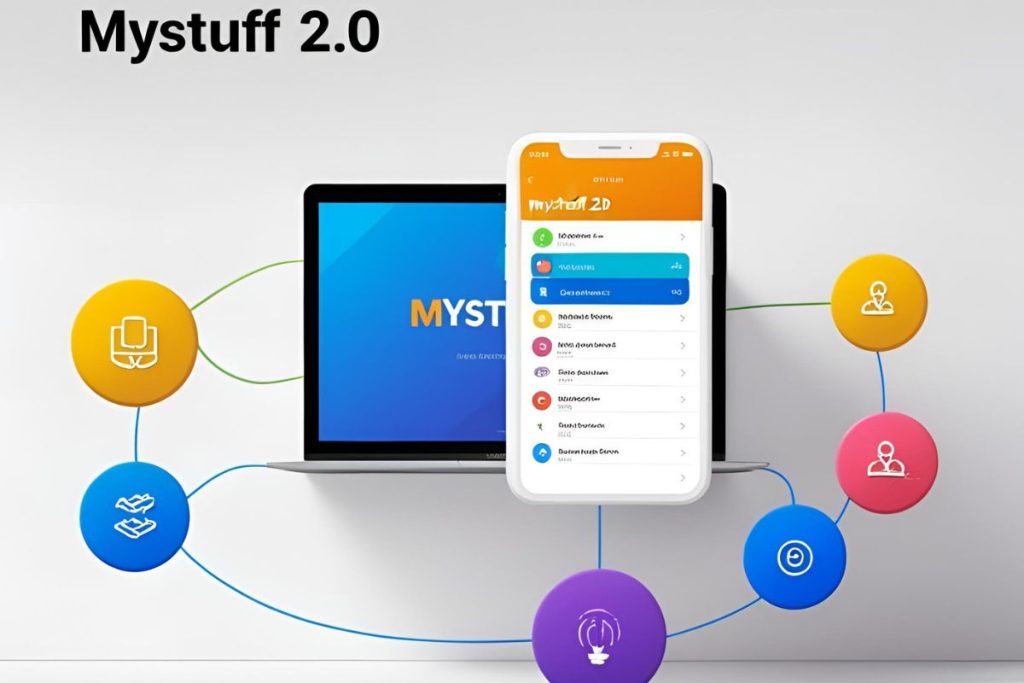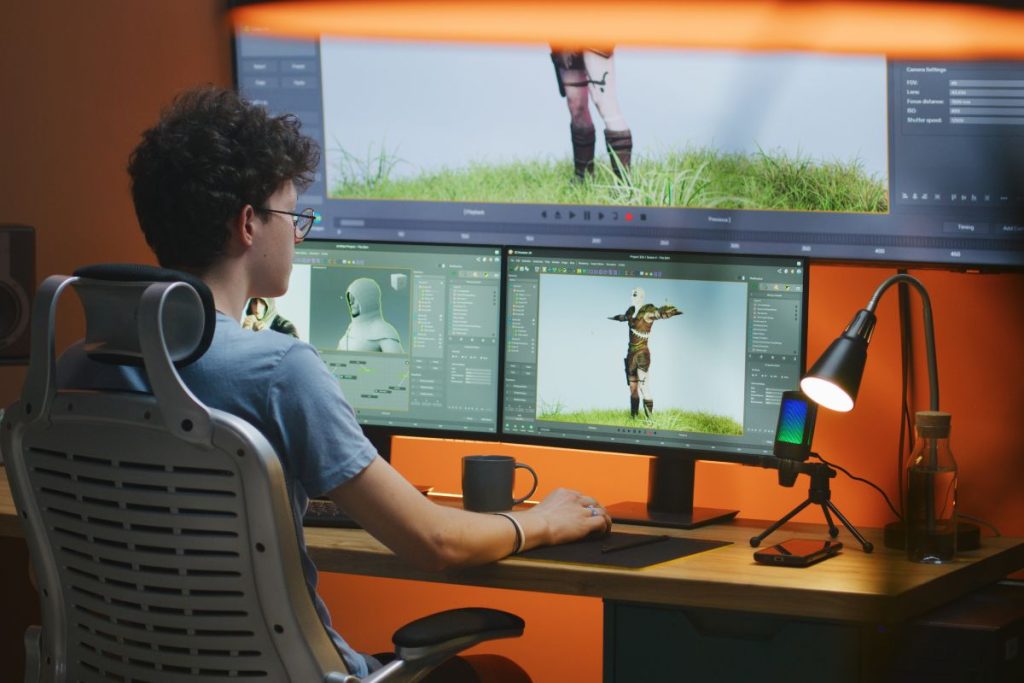
Skills for Professional Project Manager
According to Ebrahim Nateghi, to plan, organize, and direct projects from start to finish is never an easy feat. You just want to see a project to an end, you want it to be right within budget and on time while still controlling risks and uncertainties. It’s not surprising that the skills that make up successful project manager spread across the entire spectrum of personality. The point is their roles are multi-faceted and they need to develop different skills in order to be successful. What are these skills?
We asked a renowned project manager with over a decade of experience across various industries, Ebrahim Nateghi, to provide details on the skills every project manager must have in order to be exceptional in this career.
Table of Contents
Personal Skills
Project manager is the one everyone looks up to for guidance and support. And when issues arise, others expect the PM to put in the expertise and skills and get them ironed out. Hence, a project manager must be able to:
- Encourage and motivate other team members
- Have a great problem solving skills
- Lead by example in all Honesty, transparency, knowledge while dealing with people, projects or processes.
- Set defined expectations and meet them
- Deal with others with empathy, respect and appreciate others no matter their level.
- Always promise less but strive towards delivering more than expectations.
- Be creative and ready to learn always
- Develop effective stress management and control
- Be considerate of others while giving more time when necessary
Technical Skills
Having an adequate number of technical skills can make a huge difference between an average PM and one that stands out. While some prefer to leave the technical aspects to junior staff or any other expert in the team, others prefer to gain hands-on experience on how to handle technical issues and acquire the technical skills needed.
However, it goes without saying that these skills are very important to be a successful PM. Being monitored and coached by someone who has the skills can go a long way and it can also help the PM to understand the project better. Ask yourself:
- Are you computer-savvy?
- Which programming language are you good at?
- How well can you wireframe a project using different techniques?
- Can you communicate effectively in both technical and non-technical terms?
“The point is businesses are fast evolving and we live in an era where many businesses have gone digital. This makes technical know-how must-have skills for project managers. Hence, you have to flow with the trend and get your hands and get the required technical training if necessary,” Ebrahim Nateghi says.
Hard Skills
Here are some of the job-specific skills and abilities that project managers need to develop in order to carry out tasks efficiently.
- Project planning, execution, organization, and monitoring
- Allocation of the right people for the project
- Negotiation with suppliers, clients, and any other stakeholders.
- Ability to manage time effectively and meet deadlines
- Identify, evaluate and manage any inherent project risk or opportunities.
- Accurate cost control and ensuring project is executed within budget
- Learn, understand and implement different project management tools
- Track and manage performance
- Manage change within an organization effectively
- Deliver and (sometimes) maintain the end product.
Soft Skills
Soft skills are also another vital skill any project manager must possess. This is one aspect that is often undervalued but it can be an edge for project managers who have learned to use them well. It includes areas of leadership, strategic and business management. “When we talk about project, we tend to place more emphasis on the technical aspects, leaving out the soft skills because they’re not quantifiable. However, these skills are also important for a successful project execution”, Ebrahim Nateghi says. A project manager will always communicate and deal with people whether internally or externally, how well can they handle that? These soft skills include:
- Active listening
- Communication
- Leadership
- Collaboration
- Time Management
- Critical Thinking
- Creative Thinking
- Conflict management
- Decision Making
- Problem Solving
- Risk Assessment
July 16, 2021
















